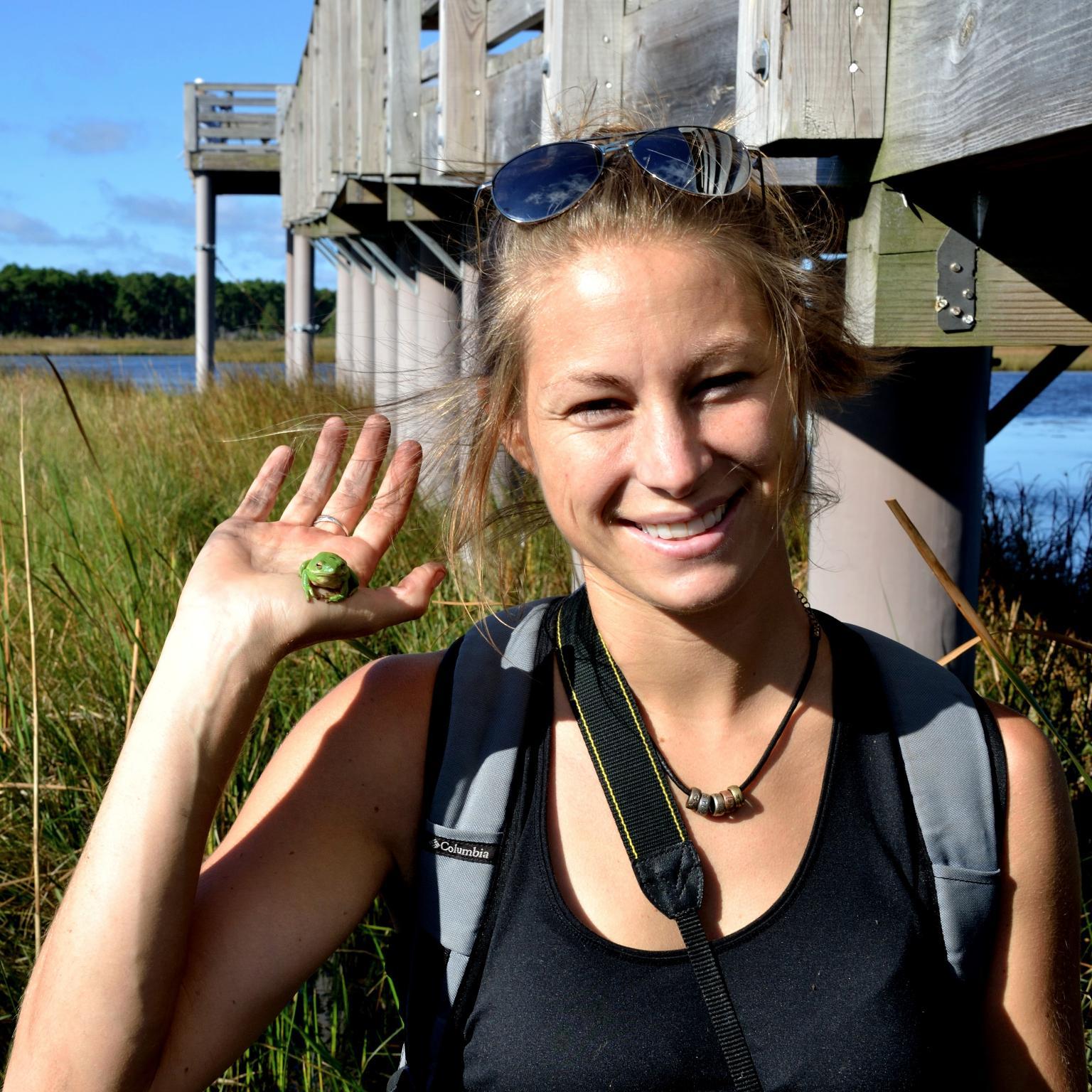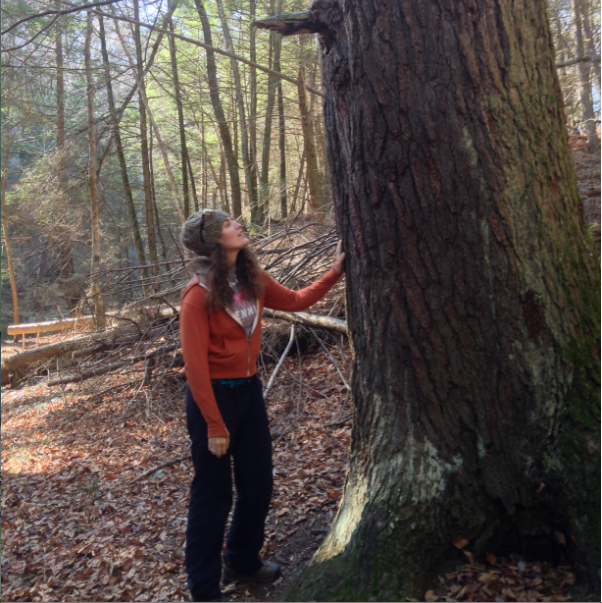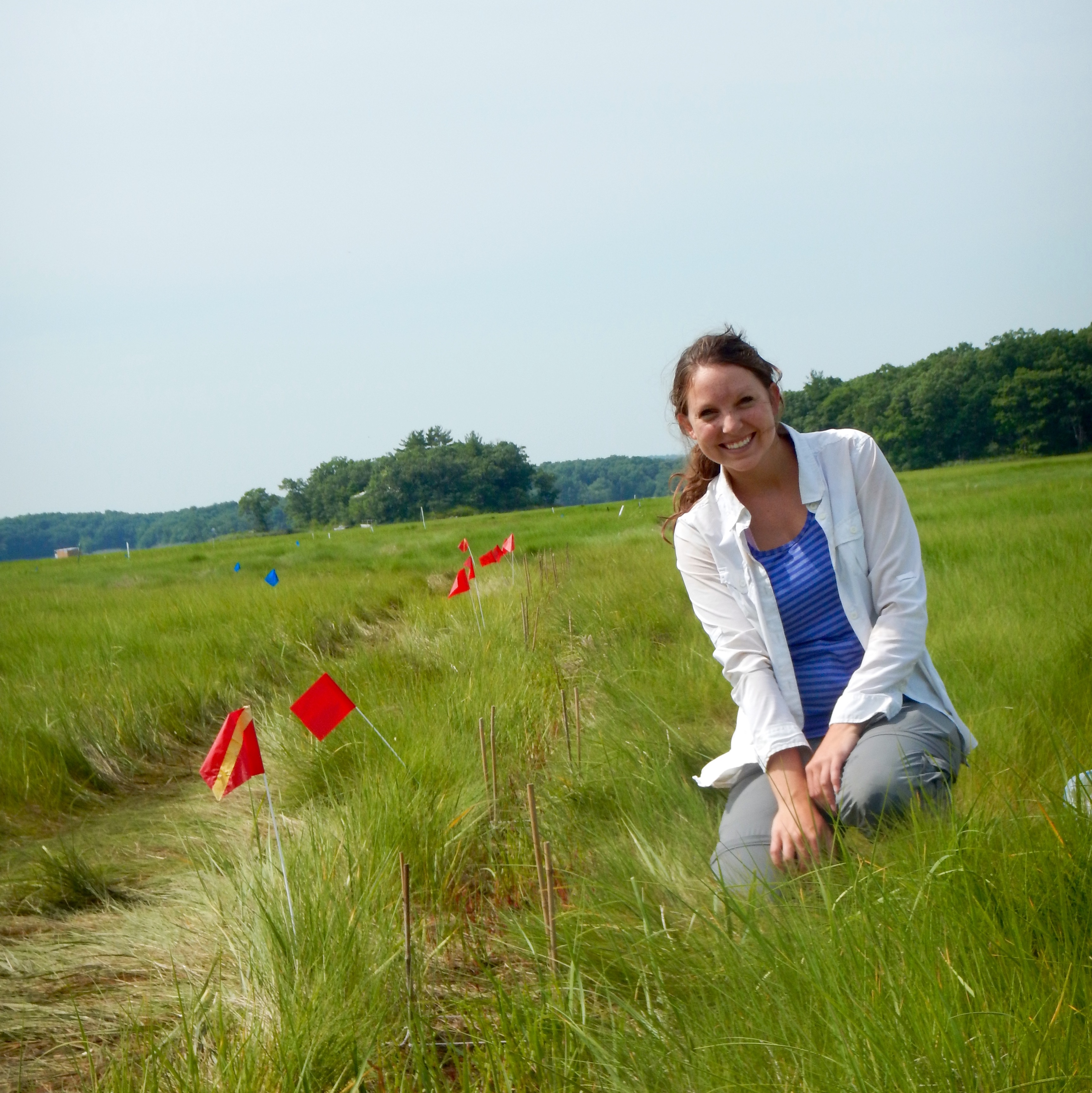GCA Coastal Wetlands Scholarship Award Recipients
Award Recipients in 2016
Stephen Formel, a Ph.D. student at Tulane University, will study endophyte effects on plant growth in Spartina alterniflora in marshes in Louisiana. Endophytes are bacteria and fungi that live inside plants and can enhance the ability of the host plant to survive in stressful environments like salt marshes. Management of salt marshes has become a priority to preserve the many ecosystem services they perform. Mixed results may be due to a failure to consider the endophyte constituents. The effects of endophytes on the growth of Spartina alterniflora will be tested to screen for fungi and bacteria that might be useful in salt marsh restoration.
 Molly Albecker, a Ph.D. student at East Carolina University, will study salinity tolerance in coastal frogs in North Carolina. Climate change and development are drastically altering salinities within coastal wetlands. Salt is a key factor affecting most species, so it is predicted that shifting salinities will have a major effect on wetland community structure along coast. Notably, very few studies consider rapid adaptive evolution as a potential buffer against species losses. Albecker proposes to examine how adaptation may affect extinction-vulnerable taxa (amphibian) from climate change-induced changes in habitat quality.
Molly Albecker, a Ph.D. student at East Carolina University, will study salinity tolerance in coastal frogs in North Carolina. Climate change and development are drastically altering salinities within coastal wetlands. Salt is a key factor affecting most species, so it is predicted that shifting salinities will have a major effect on wetland community structure along coast. Notably, very few studies consider rapid adaptive evolution as a potential buffer against species losses. Albecker proposes to examine how adaptation may affect extinction-vulnerable taxa (amphibian) from climate change-induced changes in habitat quality.
 Dani Weissman, a Master's student at University of Maryland, will study the effects of salt-water intrusion on the release of legacy phosphorus from coastal farmland and wetlands on Maryland's Eastern Shore. The goal of Weissman's research is to quantify the increase in phosphate levels in the wetlands of the Choptank River Watershed of the Chesapeake Bay due to saltwater intrusion and upstream phosphorus (P) inputs from agricultural applications. The development of fair nutrient management practices requires a better understanding of P cycling in this changing system, specifically in areas where farmland is experiencing saltwater intrusion and is being converted into tidal marshes.
Dani Weissman, a Master's student at University of Maryland, will study the effects of salt-water intrusion on the release of legacy phosphorus from coastal farmland and wetlands on Maryland's Eastern Shore. The goal of Weissman's research is to quantify the increase in phosphate levels in the wetlands of the Choptank River Watershed of the Chesapeake Bay due to saltwater intrusion and upstream phosphorus (P) inputs from agricultural applications. The development of fair nutrient management practices requires a better understanding of P cycling in this changing system, specifically in areas where farmland is experiencing saltwater intrusion and is being converted into tidal marshes.
 Bethany Williams, a Master's student at the Virginia Institute of Marine Science, will study the role of crustacean ecosystem engineers in salt marsh accretion. Salt marshes must accrete to maintain elevation with sea-level rise. Sediment trapping by stems is important in accretion, thus changes in plant biomass will cause changes in accretion rates. It is unclear how animals may indirectly affect accretion via changes in plant production. Williams' work will test the indirect effects of animals on vertical accretion, to help understand the ability of salt marshes to maintain elevation with accelerated sea-level rise.
Bethany Williams, a Master's student at the Virginia Institute of Marine Science, will study the role of crustacean ecosystem engineers in salt marsh accretion. Salt marshes must accrete to maintain elevation with sea-level rise. Sediment trapping by stems is important in accretion, thus changes in plant biomass will cause changes in accretion rates. It is unclear how animals may indirectly affect accretion via changes in plant production. Williams' work will test the indirect effects of animals on vertical accretion, to help understand the ability of salt marshes to maintain elevation with accelerated sea-level rise.
